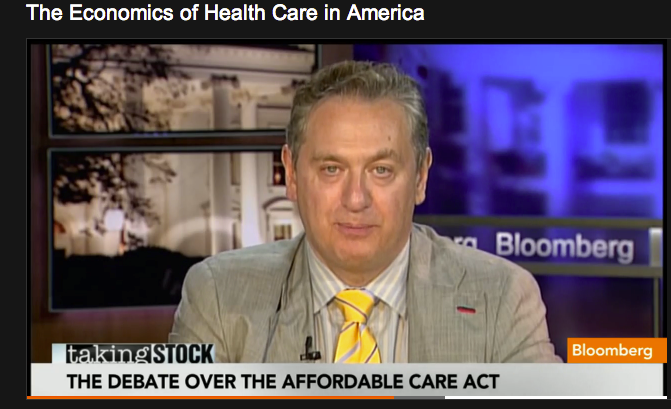By: David B. Rivkin Jr. and Lee A. Casey
President Obama’s announcement on July 2 that he is suspending the Affordable Care Act’s employer health-insurance mandate may well have exposed his actions to judicial review—even though that is clearly what he sought to avoid.
The health-care reform law’s employer mandate requires businesses with more than 50 employees to provide a congressionally prescribed set of health-insurance benefits or pay a penalty calculated at about $2,000 per employee. The law was to take effect on Jan. 1, 2014, but Mr. Obama has “postponed” its application until 2015. His aim, the administration said, was to give employers more time to comply with the new rules. But it was also seen as a way to avoid paying at least part of ObamaCare’s mounting political price in the 2014 congressional elections.

